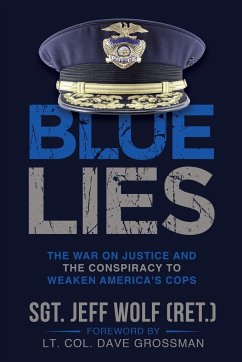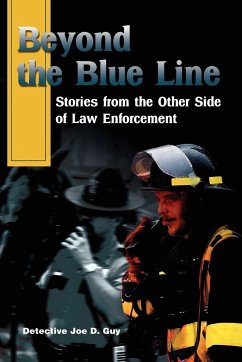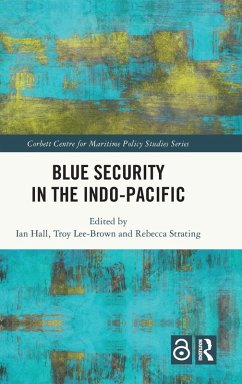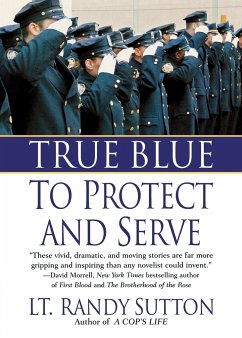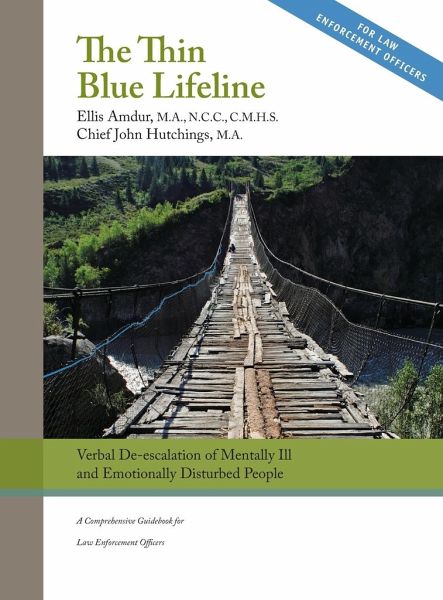
The Thin Blue Lifeline
Verbal De-escalation of Aggressive & Emotionally Disturbed People: A Comprehensive Guidebook for Law Enforcement Officers

PAYBACK Punkte
17 °P sammeln!
The first section of this book is tactical: everything from field safety and strategic planning on one side, to honing your intuition to pick up early signs of danger on the other. In the second section of the book, the authors focus on us: what we can do to achieve a state of integrity and powerful calm. Rather than abstract pronouncements, they offer specific strategies, including a method of breathing for the purpose of maintaining one’s own center in crisis situations. They then move on to the heart of the book, discussing specific behaviors ranging from confusion and obsessive concerns ...
The first section of this book is tactical: everything from field safety and strategic planning on one side, to honing your intuition to pick up early signs of danger on the other. In the second section of the book, the authors focus on us: what we can do to achieve a state of integrity and powerful calm. Rather than abstract pronouncements, they offer specific strategies, including a method of breathing for the purpose of maintaining one’s own center in crisis situations. They then move on to the heart of the book, discussing specific behaviors ranging from confusion and obsessive concerns to psychosis, mania and acute disorganization. In one very important section, they discuss interactions with opportunistic and manipulative individuals (at worst, those referred to as psychopaths), people who present a danger to the psychological and physical well-being of anyone with whom they come in contact. Amdur and Hutchings do not merely confine themselves to the important subject of despondent suicidal individuals who attempt to kill themselves. They also offer strategic interventions for "parasuicidal" individuals, those who either threaten to harm themselves, or repetitively do so, requiring almost constant involvement of police, hospitals and the mental health system. In one very important chapter, the authors discuss "suicide-by-cop," where self-harm and interpersonal aggression are folded into the same act. They then move on to a discussion of anger and potentially violent behavior, whether directed at law enforcement officers or others. The authors give succinct information on how to immediately recognize different modes of aggression, whether displayed by adults, youth, or children, and then outline how to quickly and effectively implement de-escalation or control tactics best suited to deal with the type of aggression one is facing. Finally, in essential appendices, they present protocols on current information on positional and compression asphyxiation (authored by Dr. Gary Vilke), and a protocol, specific to police, on excited delirium (authored by Lieutenant Michael Paulus, ret.) Rather than abstract information, more useful in a consulting room than in the field, The Thin Blue Lifeline is tactically based, from start to finish. This book can function as the foundation of any law enforcement Crisis Intervention Team program, providing a comprehensive course of study of "boots-on-the-ground" encounters with emotionally disturbed individuals. In the same vein, the information in this volume provides core information on communication, which will be invaluable to any crisis/hostage negotiation team.





